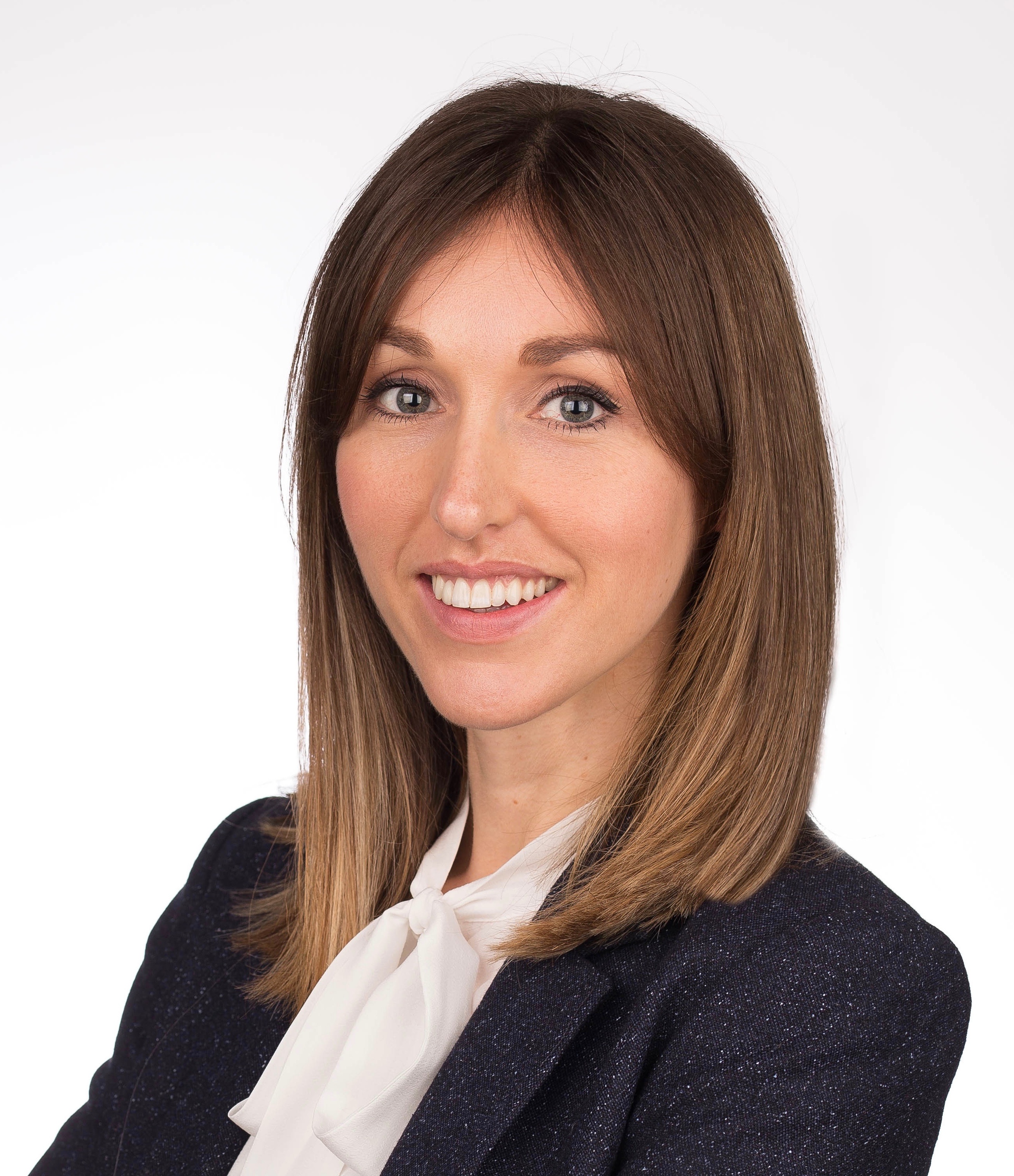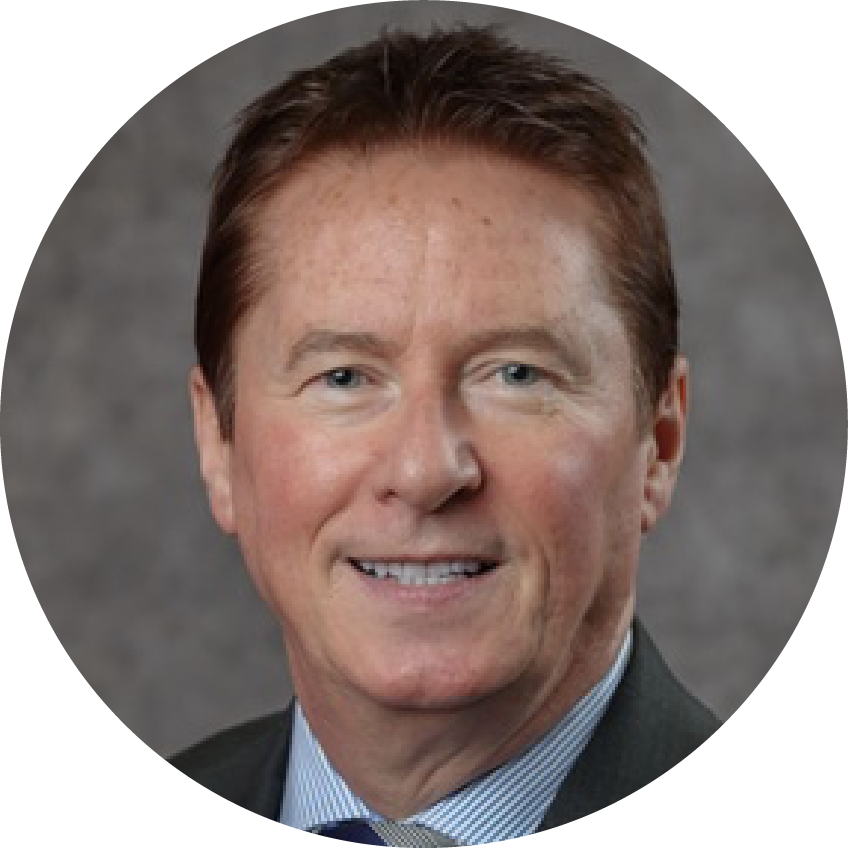Dublin (IST, UTC+1)
Mahary Auditorium TCDBS
Background: Prosthodontics teaching comprises a large portion of Dental Undergraduate teaching both in the UK, Europe and internationally. As the prevalence of tooth tissue loss and tooth loss remains high in many populations, there is a sustained need to provide dental students with a systematic and evidence based education in prosthodontics. Despite there being European curriculum guidelines for undergraduate education in other fields, none exist for Prosthodontics. In 2023 the British Society of Prosthodontics (BSSPD) formed a task force to work with the Association of Dental Education in Europe (ADEE) to develop Indirect Restorations and Removable Prosthodontics Curriculum Guidance for Dental Undergraduate Students.
Methodology: Indirect Restorations and Removable Prosthodontics curriculum guidance was written following the ADEE Graduating European Dentist (GED) curriculum, to ensure a behaviour-based learning outcome approach was used. Four Capability Domains were developed: 1) Knowledge of the scientific and evidence-base; 2) General Prosthodontic learning outcomes; 3) Indirect restorations; and 4) Removable Prosthodontics. The domains include 97 proposed learning outcomes (LOs), which are subdivided into Clinical, Supporting and Fundamental LOs. A Delphi-style survey was conducted with the aim to establish how clear, how important and how difficult each LO of the proposed curriculum was perceived to be. An initial survey round was completed an expert opinion was gained at the 2024 BSSPD conference. Amendments to the survey were made based on the original responses and expert opinion. A second round of the survey was performed and expert opinion was gained at the 2025 BSSPD conference to conclude the Delphi-style process.
Results: Agreement on how clear, how important and how difficult each LO is was achieved. All (100%) of the LOs were classified as ‘clear’; none were classified ‘less clear’ or ‘not clear’. 92 (94.8%) of the LOs were classified as ‘essential’, 5 (5.2%) were classified as ‘important’; none were classified as ‘aspirational’. 78 (80.4%) of the LOs were classified as ‘easier to teach’, 19 (19.6%) were classified as ‘more difficult’; none were classified as ‘much more difficult’. Comments collected from the Delphi-style survey were reviewed at the 2024 and 2025 BSSPD conference meetings, discussed and necessary amendments were made to achieve full agreement on all LOs.
Conclusion: The Delphi-style process achieved agreement for every LO in each domain with agreement regarding how clear, how important and how difficult each LO was for the Indirect Restorations and Removable Prosthodontics Curriculum Guidelines.






